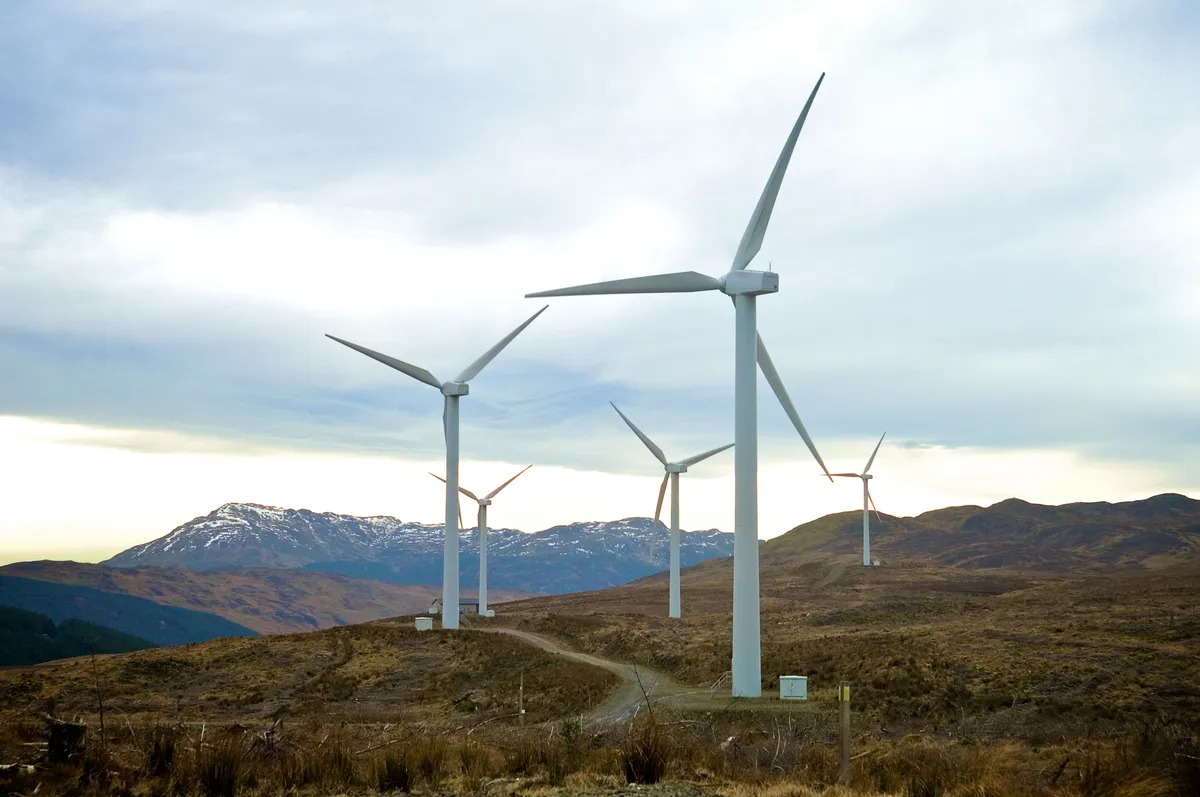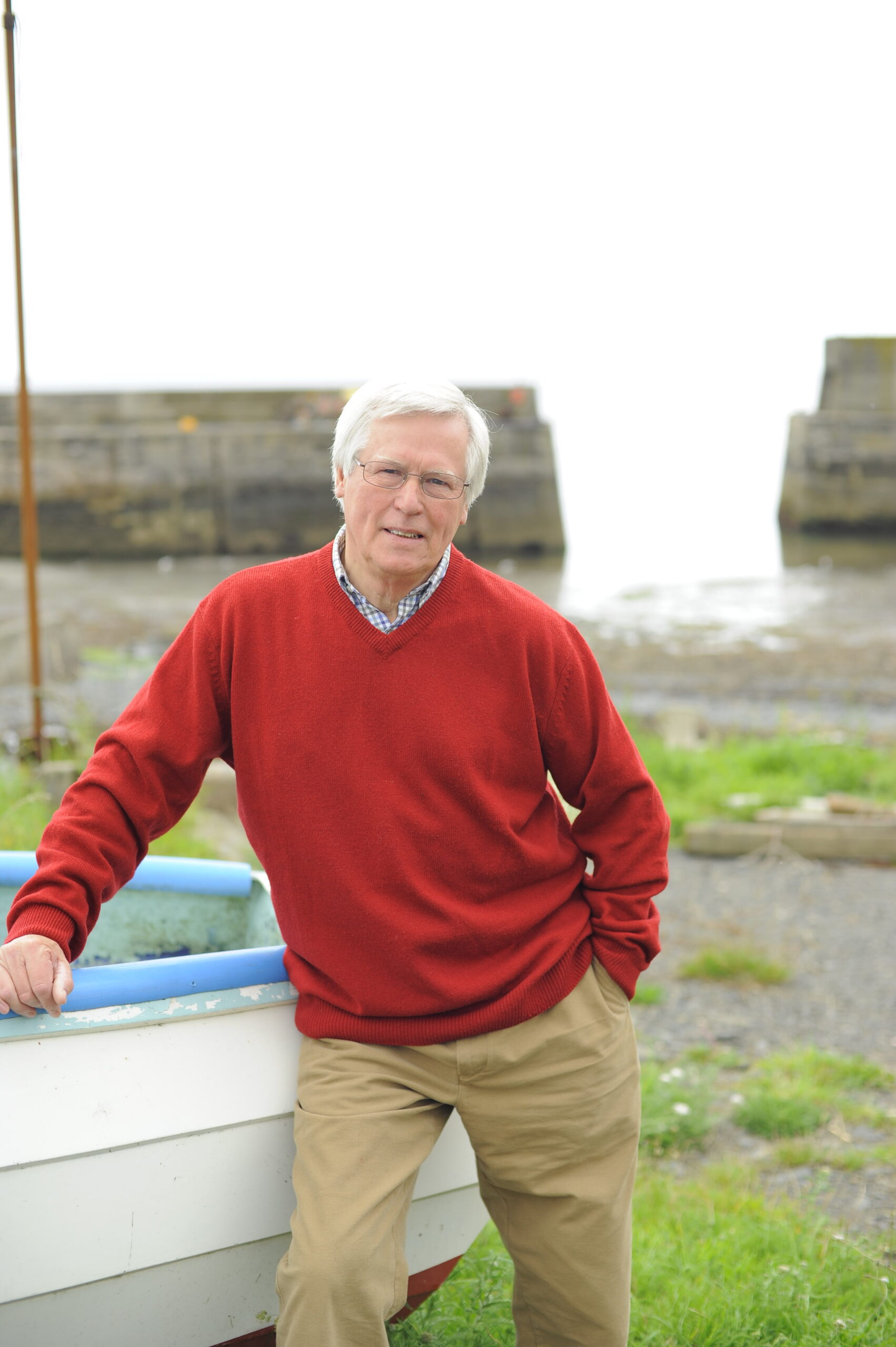During my 30 years of reporting on rural issues, I have seen public concern over the many challenges facing our countryside – from animal disease to social deprivation – climb ever higher up the national agenda and 2020 has all the signs of hitting a peak. After three years of Brexit uncertainty, during which many farmers were reluctant to invest and environmentalists feared for the future of their projects, a new decade is upon us.
What will 2020 bring to the countryside?
At the time of writing, the General Election result is not known and 31 January remains the date for finally quitting the EU. Whatever the outcomes, the new Government will need to urgently address issues that dominate rural life, such as support for the farming industry, greater safeguards for our landscape and its wildlife, more help for people struggling to survive in remote areas and firmer action to limit the impact of climate change.
Climate assembly
One of the final actions of the last parliament was to send out, at random, 30,000 invitations to people across the nation, inviting them to join Climate Change UK. The result will be a citizens’ assembly, running over four weekends from late January to mid-March. It will send to the new Government messages on how the people want the UK’s pledge of net zero-carbon emissions by 2050 to be fulfilled. Many interested parties will be awaiting the response.

Good news on the climate front comes courtesy of renewable, zero-carbon energy. During the third quarter of 2019, more electricity was produced from wind, solar and biomass in the UK than from fossil fuels – the first time that has happened since power stations began nearly 140 years ago. Huge new offshore wind farms boosted the total and helped bring down the cost of renewable energy. Even better figures are envisaged for this year – and more supersized wind farms will come online during this new decade.
Citizens’ army
As well as the citizens’ assembly, will a ‘citizens’ army’ be on patrol in 2020, tackling invasive species and diseases that put our landscape at risk? In October, MPs on the Environmental Audit Committee urged that a force of 1.3 million volunteers be set up to combat the invaders killing off our native species, such as oak and ash trees, and costing the economy £1.8 billion a year.
This ‘army’ would identify and react to outbreaks, modelled on a system developed in New Zealand. Funding must be trebled to deal with the threat and a specialist border force set up to stop invasive species getting into the country. Will the new Government take heed?
Other items in the ‘let’s see what happens’ tray include the previous administration’s promise to spend £1 billion boosting mobile reception in the countryside and its plans to replace direct subsidies for food production with payment for nurturing the environment, which many farmers fear will leave them worse off.
But tourism could be among 2020’s rural winners, with more staycations predicted and Lonely Planet Magazine listing the UK, with its glorious scenery, as the second-best place on Earth to visit – after Bhutan! What mood foreign visitors will find the countryside in remains to be seen.

